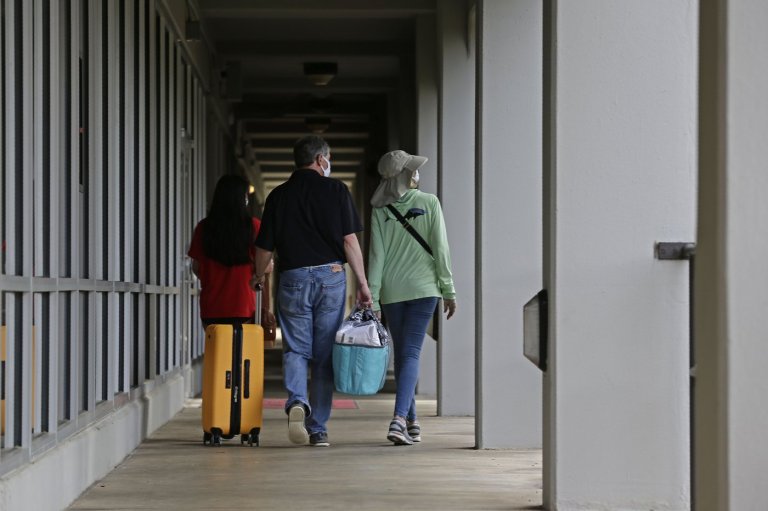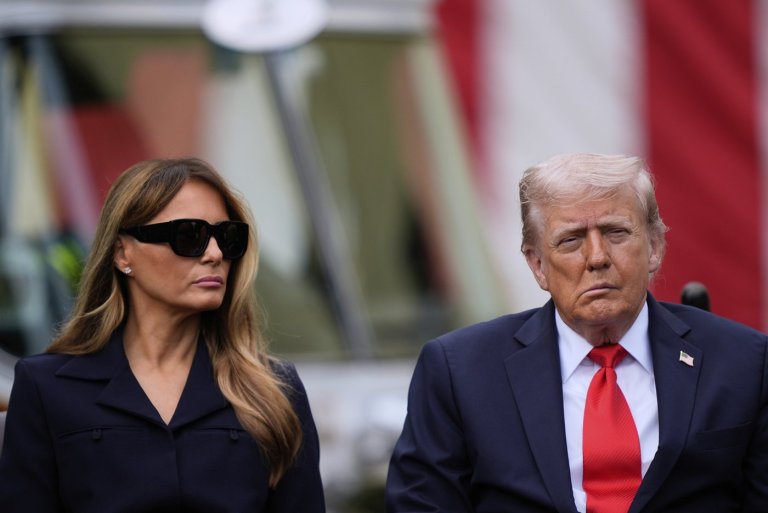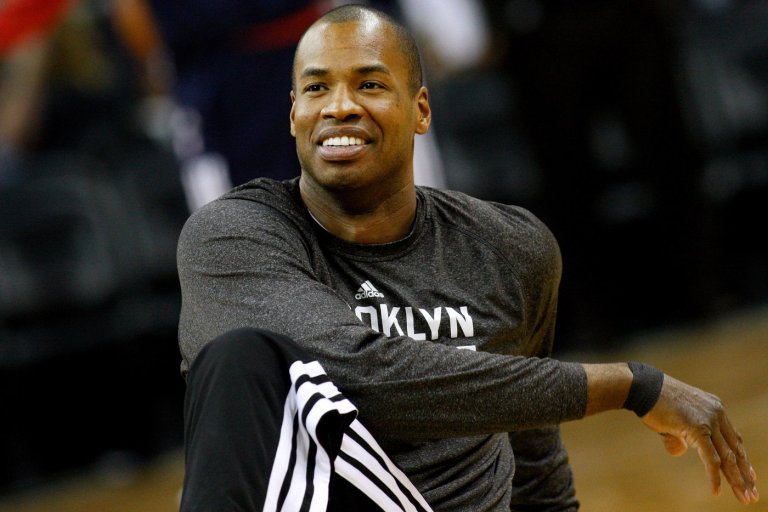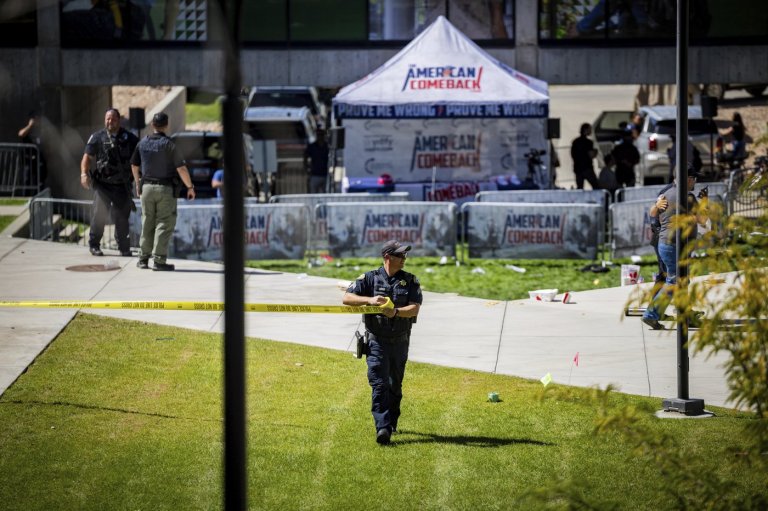UN envoy: Central African Republic headed toward peace
The Central African Republic is “on a path to incremental peace” that will be achieved if U.N. peacekeepers keep responding strongly against armed groups, the U.N. envoy for the volatile country said Monday.
But Parfait Onanga-Anyanga told the Security Council an upsurge in violence that erupted in May in several areas involving rival groups was very worrying, including “systematic aggression against peacekeepers.”
He also expressed concern that “the already dire humanitarian situation confronting the country is at risk of worsening” if displaced people and refugees who have fled fighting can’t return home.
“Over half of Central Africans — or 2.2 million people — need assistance or are food insecure,” Onanga-Anyanga said. “This figure represents the highest per capita caseload in the world and bears re-stating with ever more urgency.”
He was presenting Secretary-General Antonio Guterres’ latest report to the council which said Central African Republic has oscillated over recent months between consolidating gains achieved since President Faustin Archange Touadera’s election in February 2016, primarily in the capital Bangui, and “a serious deterioration of the security situation in other parts of the country.”
“As relevant as many of the advances to date have been,” Guterres said, “the latest spate of violence that erupted in May in some towns in the east and centre of the country risks derailing the progress achieved over the last year and spreading with disastrous consequences, both for civilians and the country’s stability.”
Central African Republic exploded into violence in late 2013 as anger mounted against a Muslim rebel leader who seized power by force. The backlash against Muslim civilians forced most of Bangui’s Muslims to flee north or to neighbouring Chad and Cameroon. The country held mostly peaceful democratic elections that brought Touadera into the presidency but armed militias persist not only in the largely ungoverned north but elsewhere.
Serious fighting erupted in May in Bangassou, where Onanga-Anyanga said the situation remains “extremely precarious.” He also expressed concern about violence in the southern-central prefectures of Ouaka and Mbomou and singled out the situation in Bria, where 80 per cent of the civilian population remains displaced by fighting that began May 16.
Onanga-Anyanga said the U.N. peacekeeping mission, known as MINUSCA, has faced “harsh public criticism” lately, which he said reflects frustration over the government’s “lack of capacities” and impatience over persistent insecurity “which is largely self-inflicted.”
“Even in the face of those cynics who disparage MINUSCA publicly, our resolve remains stronger than ever before,” he said. “Each time MINUSCA exhibits strength against armed groups, it is a victory for stability.”
Marco Impagliazzo, head of the Community of Sant’Egidio, a Catholic lay group that works behind the scenes to prevent conflicts and bring warring parties to the peace table, said the organization is planning a meeting in Rome in the coming days with representatives of all 14 armed groups in Central African Republic and representatives of Touadera’s government, in the presence of Onanga-Anyanga.
He said the aim is to discuss key issues involving disarmament and demobilization of combatants and the holding of an inclusive political dialogue.
Join the Conversation!
Want to share your thoughts, add context, or connect with others in your community?
You must be logged in to post a comment.

















